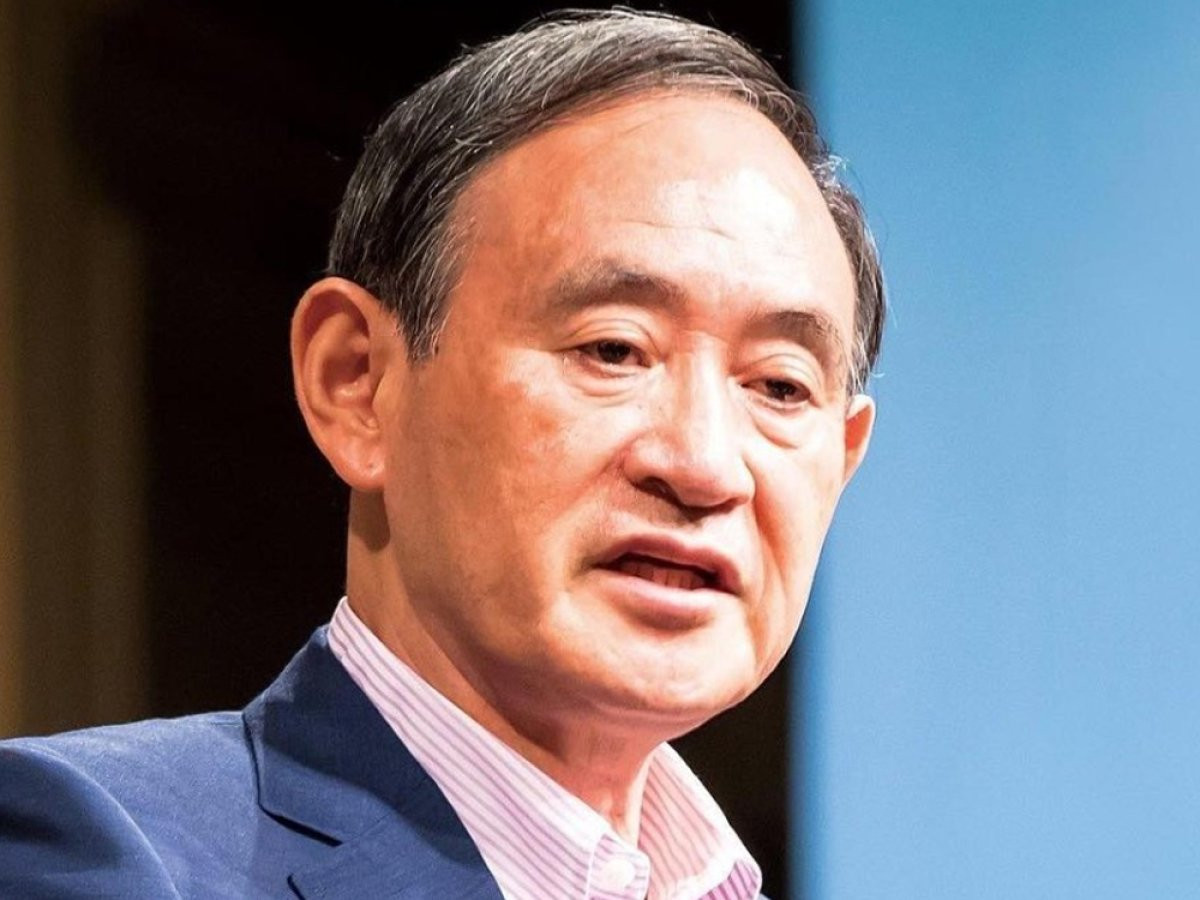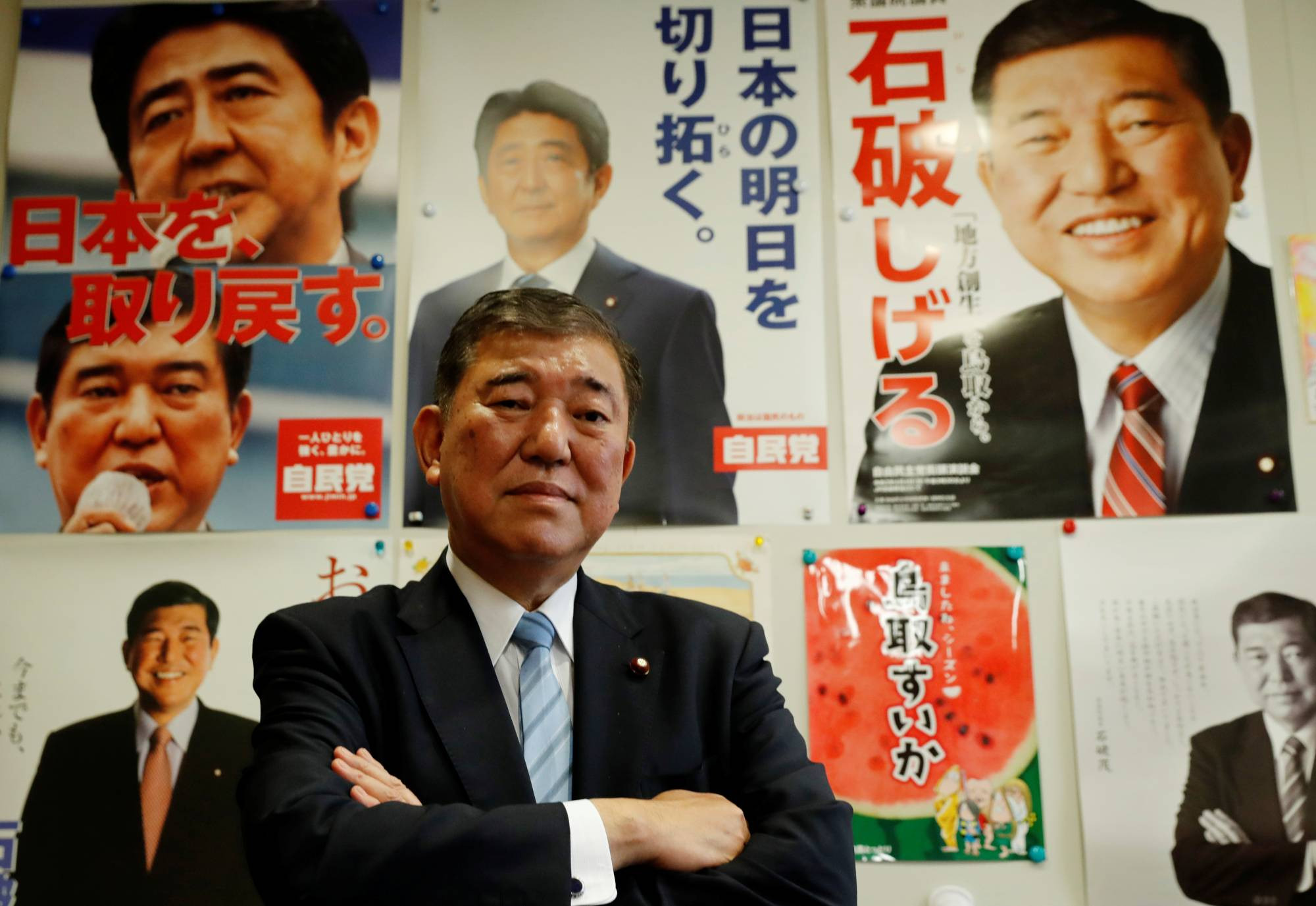Ishiba Shigeru is set to become Japan’s new Prime Minister after winning the presidency of the ruling Liberal Democratic Party (LDP) in a ballot of party lawmakers and members on Friday afternoon. A plain-spoken populist and former defense minister who gained the LDP’s leadership on his fifth attempt—what he called his “final battle”—Ishiba, 67, emerged triumphant from a nine-strong field on promises to revitalize rural areas and win back public trust after a slew of scandals led to the stepping down of outgoing Prime Minister Fumio Kishida. Ishiba will assume the nation’s top job on Oct. 1 following a rubber-stamp parliamentary vote.
Ishiba’s victory marks a significant turning point for the LDP, which has been plagued by scandals and internal conflicts that have eroded public trust. The party’s once-powerful factions, once the backbone of the LDP, have been disbanded, leaving the party in a state of turmoil. The change of guard comes at a turbulent time for Japan, with the country facing a stagnant economy, rising living costs, and a volatile regional security environment.
Ishiba’s leadership of the East Asian nation of 125 million has implications for global security given Japan’s increasingly prominent role alongside the U.S. checking China’s assertiveness in the Asia-Pacific. Under the outgoing Kishida, who announced he wouldn’t seek reelection last month amid plummeting popularity, Japan has beefed up defense spending and healed historical wounds with South Korea, another key regional U.S. ally.
Ishiba’s Rise to Power: A Populist Appeal
Ishiba’s popularity was bolstered by his outspokenness on the need to properly investigate any malfeasance and for reforms to regain public confidence. Having previously served as agriculture minister and rural revitalization minister, Ishiba’s economic agenda focuses on revitalizing Japan’s outlying regions.
“He has the most credibility as somebody who understands the pain of the people,” says Jeff Kingston, director of Asian studies at Tokyo’s Temple University. “But he’s a blunt-spoken guy who doesn’t suffer fools easily, and many of his colleagues fit that bill. So he can seem arrogant and condescending to his fellow lawmakers.”
Ishiba’s support lay more with the LDP’s broad membership than fellow lawmakers, many of whom still regard him as a traitor for switching parties for several years in the 1990s. He was also the most populist of the main challengers and known for flip-flopping on various issues depending on public mood, including nuclear energy and whether a woman could serve as Emperor.
“There are many cases when he has changed his stance, so he is sometimes regarded as a weak leader who does not have really strong principles,” says Hosoya Yuichi, a professor of international politics at Keio University in Tokyo. “But at the same time, he is regarded as an experienced, reliable politician.”
Challenges Ahead: Economic Woes and Security Tensions
Having been chosen to steer the party out of the doldrums, Ishiba must address growing anger over rising living costs and navigate a volatile regional security environment fuelled by an increasingly assertive China and nuclear-armed North Korea.
Ishiba is one of only two of the leadership candidates who doesn’t speak English—remarkably, four of the nine were Harvard-educated—and is seen as a more conservative choice than his two closest challengers, who would have been either Japan’s youngest or first female leader. (The latter, Economic Security Minister Sanae Takaichi, was ahead on the first-round vote but was defeated by Ishiba in a runoff.)
The Unification Church Scandal and the LDP’s Future
The LDP leadership contest is not just a race for the top job, but also an attempt to regain public trust that the party has haemorrhaged over the past few months amid a stagnant economy, struggling households and a series of political scandals.
Chief among these scandals are revelations regarding the extent of influence that Japan’s controversial Unification Church wields within the LDP, as well as suspicions that party factions underreported political funding over the course of several years. The fallout from the political funding scandal led to the dissolution of five out of six factions in the LDP – factions that have long been the party’s backbone, and whose support is typically crucial to winning an LDP leadership election.
A Stagnant Economy and Rising Costs
Perhaps more salient in the minds of the Japanese public, however, are the country's deepening economic woes.
In the wake of the Covid pandemic, average Japanese families have been feeling the pinch as they struggle with a weak yen, a stagnant economy and food prices that are soaring at the fastest rate in almost half a century.
Meanwhile, data from the Organisation for Economic Co-operation and Development (OECD) shows that wages in Japan have barely changed in 30 years. That drawn-out slump, coupled with 30-year-high inflation, is tightening the screws on Japanese households and prompting calls for government help.
It’s also damaging the LDP's historically favourable standing among voters.
“People are tired of the LDP,” Mieko Nakabayashi, former opposition MP and political science professor at Tokyo’s Waseda University, told the BBC. “They’re frustrated with the inflation that they are facing currently and the so-called ‘lost 30 years’. The Japanese currency is low, lots of imports got expensive with inflation, and many people see it.”
A Shrinking Population and Labor Market Challenges
Another major agenda item is the issue of Japan’s ageing and shrinking population, which puts pressure on social and medical services and presents a real challenge for the country’s medium and long-term workforce. Whoever takes charge of the LDP, and in turn government, will have to rethink how Japan operates its labor market and whether it should shift its attitudes towards immigration.
Japan’s New Leader: A Maverick with a Vision for Change
Ishiba is one of only two of the leadership candidates who doesn’t speak English—remarkably, four of the nine were Harvard-educated—and is seen as a more conservative choice than his two closest challengers, who would have been either Japan’s youngest or first female leader.
Yet Ishiba also has a distinct maverick streak. He is one of the few LDP politicians to acknowledge Japanese mistakes in its 1910-45 colonization of Korea, which promises warmer ties with Seoul, though he has also openly called for the establishment of an Asian version of NATO, which may put him on collision course with Beijing.
Regarding U.S. ties, Ishiba has alarmed some by calling for a rebalancing of defense arrangements, with Japan taking more control and responsibility for its own security. He has a reputation as a security hardliner who is fond of building and painting models of aircraft and ships, which reportedly line his office walls, and he has previously voiced support for Japan developing its own nuclear deterrent. However, it’s unlikely he would deviate far from the U.S.-led orthodoxy. U.S. Ambassador Rahm Emanuel congratulated Ishiba in a post on X and said he looks forward to working with him to “cultivate even closer” U.S.-Japan ties.
A New Chapter for Japan: Ishiba’s Promise of Change
Ishiba’s leadership will test his ability to balance the competing demands of a nation grappling with economic hardship, security concerns, and a changing demographic landscape. His ability to bridge the divides within his party and restore public trust will be crucial to his success.
In his victory speech, Ishiba said, “Prime Minister Kishida has made a decision to let the LDP be reborn and win back the public's trust. We must all pull together to respond to this.”
Ishiba’s time in office will be an opportunity for him to deliver on his promise of change and forge a new path for Japan. Whether he can navigate the complex challenges ahead remains to be seen, but his leadership will have far-reaching implications for the nation and the region.


















